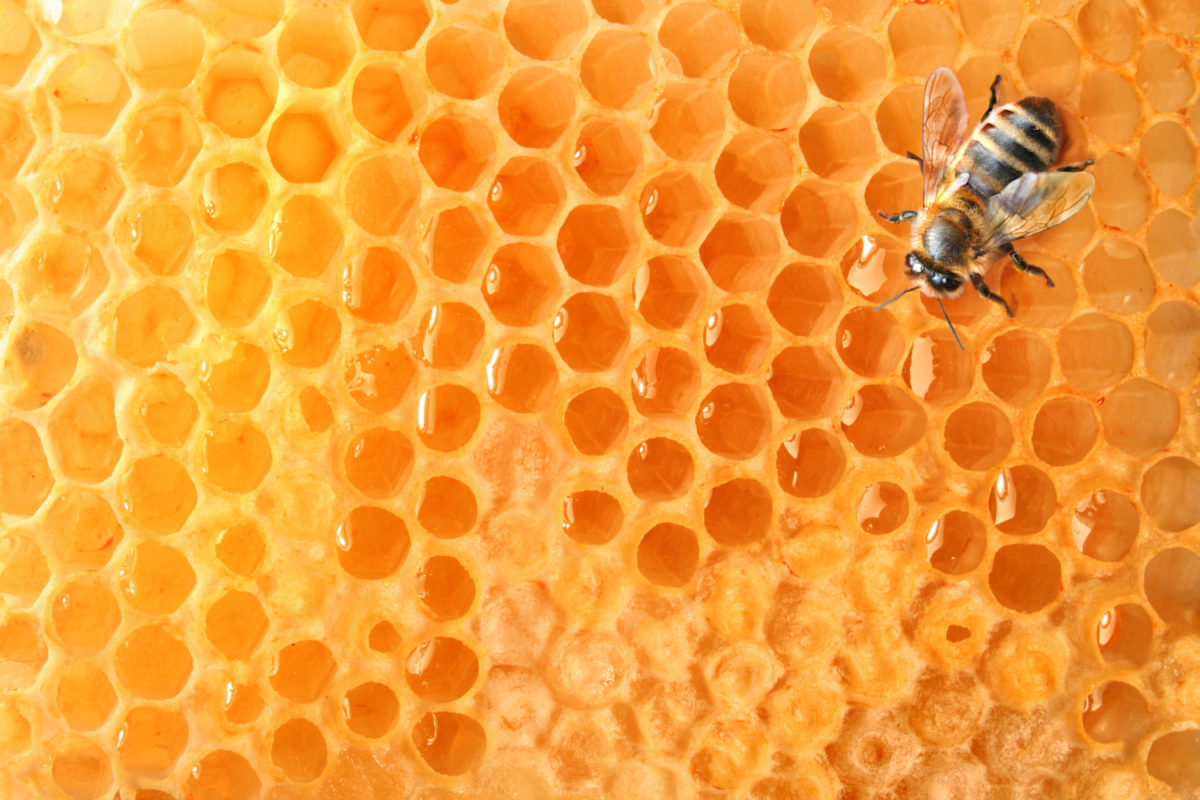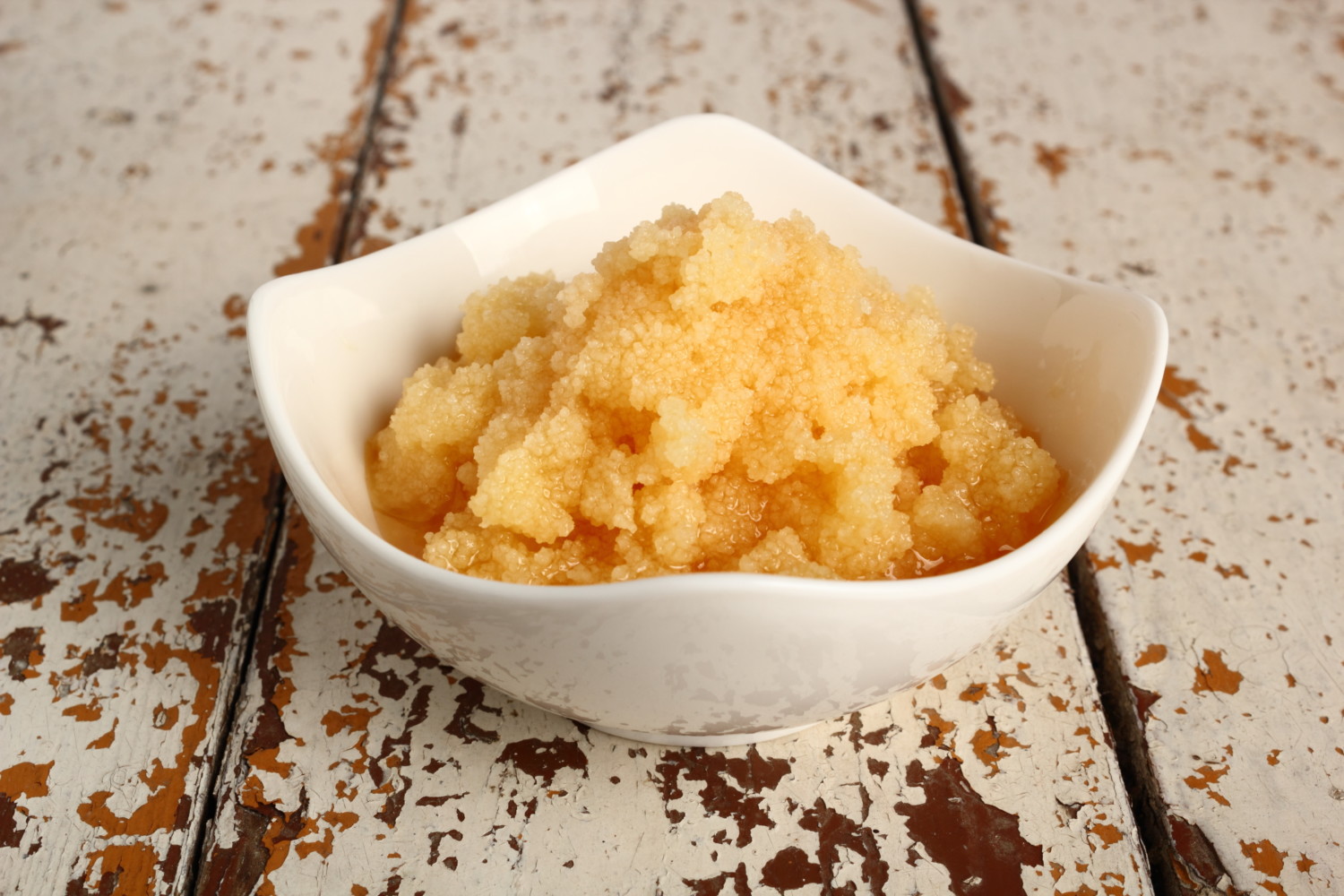Honey is one of the oldest natural sweeteners eaten by humans — its use dates as far back as 5,500 BC. A substance produced by bees from the nectar of plants, honey is believed to have a whole host of health benefits (as well as being a tasty addition to your toast or hot beverage).
Studies have shown that raw honey contains a range of plant chemicals known as antioxidants, which help to protect the body from cell damage due to free radicals. One antioxidant compound in honey, polyphenols, may contribute to the prevention of heart disease. Raw honey may also kill unwanted bacteria and fungus, partly because it naturally contains the antiseptic hydrogen peroxide. Some hospitals use medical-grade honey to treat patients’ wounds.
Honey’s long history includes tales of jars of honey being discovered in ancient Egyptian tombs, which were still edible. So it begs the question, does honey ever go bad? To answer that, we need to look closer at the composition of honey.

What’s Honey Made Of?
The composition of honey varies, depending on the bee species and the plants and flowers they get nectar from. This is why some varieties are clear and others are dark amber in color.
Honey consists of around 80% sugar (this is its only significant nutrient), according to the Food and Agriculture Organization of the United Nations. The exact amount of water affects how long honey can be stored without fermenting and is influenced by hive conditions, weather, and the manufacturing process. An amount under 18% is best for keeping honey good long-term.
Honey also includes traces of minerals like potassium, although it’s so minimal there’s no nutritional benefit. Unfiltered honey contains very small amounts of protein, enzymes, amino acids and vitamins in its pollen.
What makes honey last a long time is its high sugar and low moisture content. The sugar prevents the growth of bacteria, fungi and other types of microbes because it pulls water out of their cells, dehydrating them and inhibiting their reproduction. This is why honey can be used on burn wounds, cuts and ulcers to treat and prevent infection. Honey is also quite dense, so oxygen can’t easily dissolve into it. This also stops microbes from growing or reproducing.

What If Your Honey Crystallizes?
If you notice your honey becoming thick and cloudy over time, this doesn’t mean it’s gone bad. This process is known as crystallization, and it’s a completely natural phenomenon. It happens when glucose separates from water and remains in the form of crystals, and it’s got nothing to do with poor quality or incorrect storage.
If this happens to your honey, The Spruce Eats advises removing the lid and placing the jar in a pan of water. Warm it over low heat, until the honey goes back to its original consistency. (Watch the heat, though — you don’t want the water to start boiling as this could kill some of honey’s beneficial enzymes.) Or, you can use it as is: honey can be easier to spread in its crystallized form.

What Makes Honey Go Bad?
However, honey can go off if it’s contaminated, stored in the wrong way, or just degrades over time. And while raw honey can last for a very long time, some manufacturers add cheap sweeteners to increase volume and keep costs down. This type of honey won’t last as long as honey that hasn’t gone through an intense production process.
When this happens, your crystallized honey becomes white and hard, or gets dark and loses its aroma and flavor. It won’t hurt you, but it’s not particularly appetizing to most people.
Beekeeper Adam Hickman, writing for CookingLight, advises keeping your honey container sealed to stop it from going bad. If a jar of honey is left open or not sealed properly, it can lose some of its antimicrobial properties and become contaminated. Sealing means it can’t absorb water from the air, providing a hospitable environment for bacteria to grow.
So close that lid, and you never know — you might have delicious honey you can pass down through your family for generations to come. Not that it’ll last that long!
This story originally appeared on Simplemost. Checkout Simplemost for additional stories.


